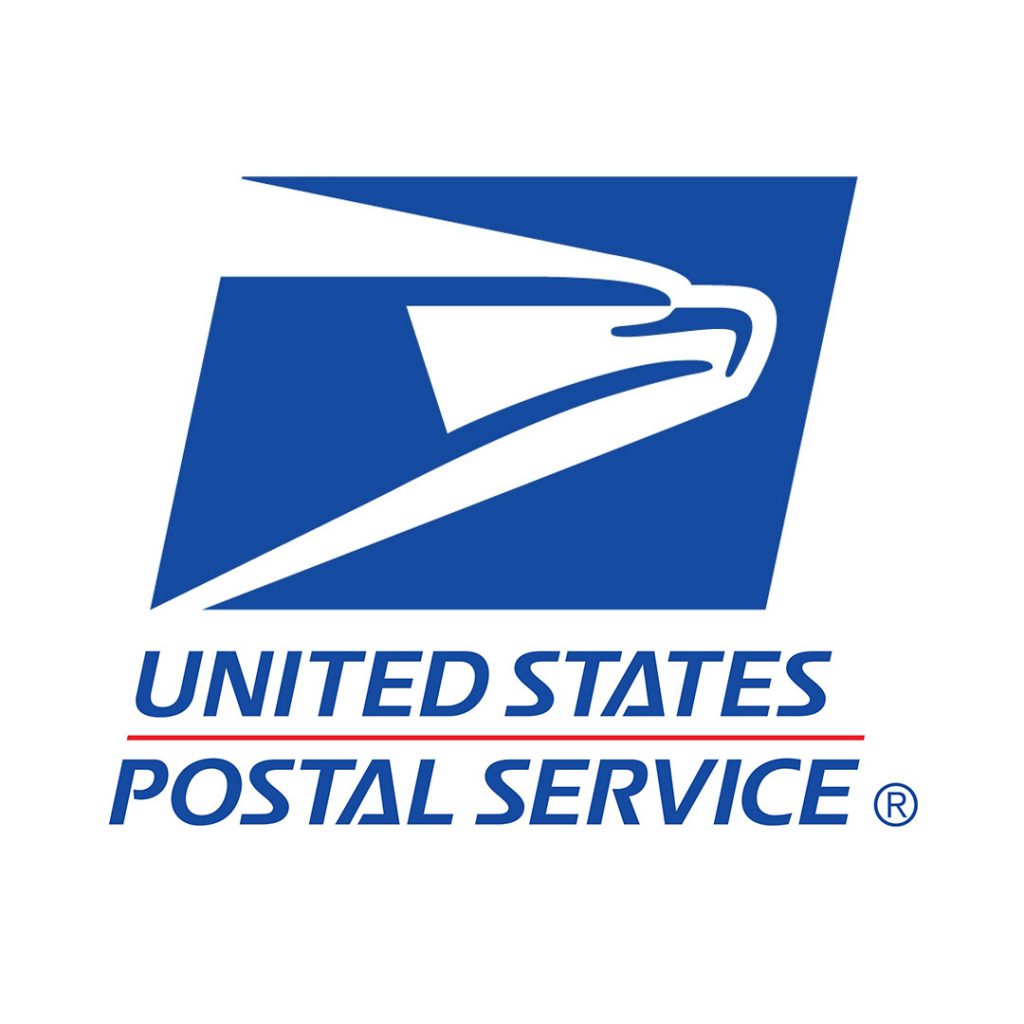The U.S. Postal Regulatory Commission (PRC), the independent agency responsible for regulating the U.S. Postal Service (USPS), approved the largest-ever increase in the price of postage last week.
The PRC approved the increase – a 10 per cent hike that brings the price of a Forever stamp to 55 cents – on Nov. 13. Complying with the necessary requirements, including keeping the increase below inflation, USPS is set to increase prices across the board by an average of 2.5 per cent—the inflationary cap. Individual products, including regular first-class mail stamps, will climb even higher.
The approval is “surprising and shocking” according to Steve Kearney, executive director of the Alliance of Nonprofit Mailers, who’s also quoted in a story published by Government Executive noting his member organizations would need to “quickly review their mailing budgets for next year.”
The rates, which are effective Jan. 27, will change as follows.
PRODUCT |
OLD RATE |
NEW RATE |
| Forever stamp |
50 cents |
55 cents |
| Metered letter |
47 cents |
50 cents |
| Additional ounce |
21 cents |
15 cents |
LARGEST INCREASE IN 27 YEARS
The five-cent hike on postage is the largest increase south of the border since 1991, when USPS raised rates by four cents – 16 per cent – to 29 cents.
Select competitive product rates affected by the rate adjustment include the following.
PRODUCT |
OLD RATE |
NEW RATE |
| Retail Small Flat Rate Box |
$7.20 |
$7.90 |
| Retail Medium Retail Flat Rate Box |
$13.65 |
$14.35 |
| Retail Large Flat Rate Box |
$18.90 |
$19.95 |
| Retail Large Flat Rate Box APO/FPO/DPO |
$17.40 |
$18.45 |
| Retail Regular Flat Rate Envelope |
$6.70 |
$7.35 |
| Retail Legal Size Flat Rate Envelopes |
$7 |
$7.65 |
| Retail Padded Flat Rate Envelopes |
$7.25 |
$8 |
KEEPING COMPETITIVE
It’s expected “these new rates will keep the Postal Service competitive while providing the agency with needed revenue,” according to a recent statement issued by the USPS board of governors.
While fighting for more autonomy in how it sets its prices, the postal service claims it loses hundreds of millions of dollars each quarter since being forced to roll back its rates after the PRC allowed an emergency increase exceeding the rate of inflation in 2016.
The USPS has since requested full control over its rates; however, the PRC denied that request and proposed a new system that allows rate hikes that surpass inflation.
Earlier this year, U.S. President Donald Trump signed an executive order to create a task force that would recommend changes to how the USPS operates, including how it charges its customers. At the centre of the issue is the online retailer Amazon, which Trump claims is being undercharged for shipping services by the USPS.

